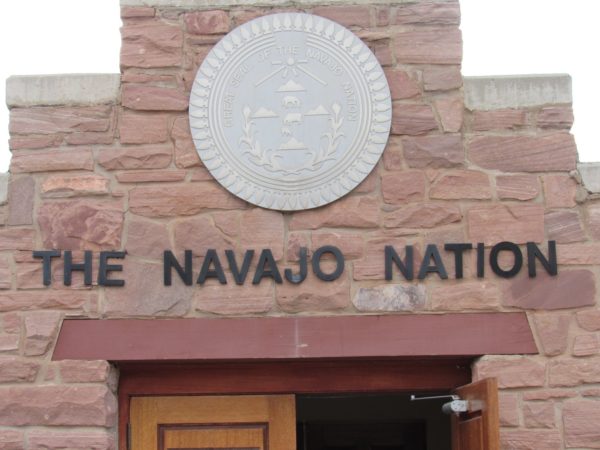
- Details
- By Native News Online Staff
The Navajo Nation Department of Health (DOH) on Sunday, July 28, 2024, issued a COVID-19 health advisory notice that recommends the wearing of face masks in indoor spaces.
The notice comes as the result of an uptick in COVID cases on the Navajo Nation, the largest Indian reservation in the United States.
“We are seeing a slight uptick of COVID cases on the Navajo Nation and across the U.S.,” said Del Yazzie, director of the Navajo Epidemiology Center. “However, hospitalization and mortality rates remain low. We ask people to continue to practice protective measures.”
Yazzie said protective measures include, staying up to date with COVID vaccines, practicing good hygiene, wearing a mask when sick, staying home when sick, seeking care for testing and treatment.
Older people are considered at higher risk. Symptoms of COVID-19 can include fever, chills, fatigue, cough, runny nose and headache.
The Tuba City Regional Health Care Corporation has resumed requiring masks and the Kayenta Service Unit is continuing its requirement to wear masks in its facilities.
DOH said vaccines significantly lower the risk of getting very sick, being hospitalized or dying from COVID-19. The current COVID-19 vaccine offers some protection against the latest variants and an updated vaccine is expected in the late summer or fall.
The DOH says when you start to feel better, you could still spread the virus. The ability to spread the virus may decrease over time, depending on how long or severe your illness is.
For more information, including helpful prevention tips, call the Navajo Department of Health at (928) 871-6350.
More Stories Like This
End of Enhanced Obamacare Subsidies Puts Tribal Health Lifeline at RiskSanta Ynez Tribal Health Clinic to Host Free Pediatric Dental Clinic
Rez Vet Earns Global Recognition for Serving Navajo Nation's Animals
Chickasaw Nation Governor Bill Anoatubby leads groundbreaking for pediatric clinic
Cherokee Nation Eyes $4 Million Transitional Housing Program

